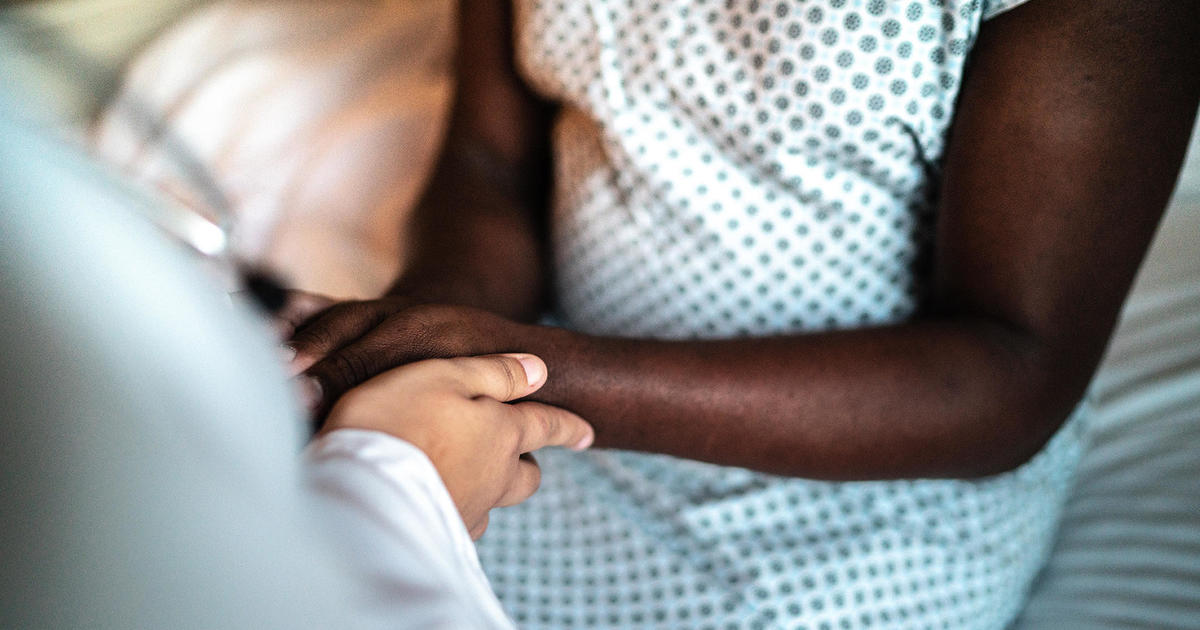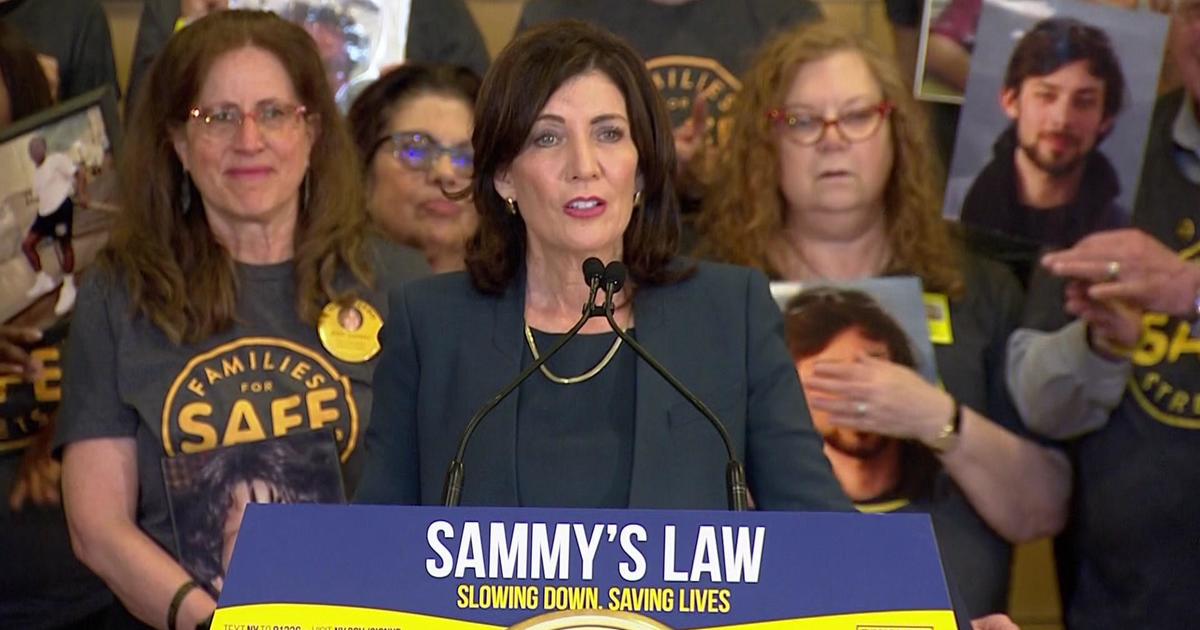Go Figure: Study Finds Girls Who Were Called Fat As Kids More Likely To Be Obese Later
NEW YORK (CBSNewYork) - Even though the Bridgeport, Conn. area ranks among the top 10 thinnest cities according to a recent Gallup survey, a new study finds that telling a young girl she's fat increases the risk that she'll eventually become obese.
A new study out of UCLA included more than 2,300 girls from across the country who had their height and weight checked when they were 10 and again when they were 19.
At the start of the study, 58 percent of the girls reported being told by a parent, sibling, friend, classmate or teacher that they were overweight. Those girls were 1.66 times more likely to be obese at 19 than the other girls involved in the study, according to researchers.
The study, published in the journal JAMA Pediatrics, also found that the greater the number of people who told a young girl she was fat, the more likely she was to be obese by her late teens.
"Simply being labeled as too fat has a measurable effect almost a decade later. We nearly fell off our chairs when we discovered this," study senior author A. Janet Tomiyama, an assistant professor of psychology, said in a UCLA news release.
"Even after we statistically removed the effects of their actual weight, their income, their race [either black or white] and when they reached puberty, the effect remained," Tomiyama added. "That means it's not just that heavier girls are called too fat and are still heavy years later -- being labeled as too fat is creating an additional likelihood of being obese."
The study found an association between being called fat and later obesity, but did not prove cause and effect, researchers noted.
Co-author Jeffrey Hunger, a graduate student at UC Santa Barbara, said that simply being called fat may lead to behaviors that later result in obesity.
"Being labeled as too fat may lead people to worry about personally experiencing the stigma and discrimination faced by overweight individuals, and recent research suggests that experiencing or anticipating weight stigma increases stress and can lead to overeating," he said.
"When people feel bad, they tend to eat more, not decide to diet or take a jog," she said. "Making people feel bad about their weight could increase their levels of the hormone cortisol [the stress hormone], which generally leads to weight gain."
The Gallup survey ranked the top 10 least obese and most obese communities in the U.S., as they've done annually since 2008.
Bridgeport-Stamford-Norwalk, Conn. was the ninth least obese community, with an obesity rate of 19.6 percent. Overall, Boulder, Colo. was the least obese community (12.4 percent) and Huntington-Ashland, WV-Ky.-Ohio was ranked most obese (39.5 percent).
You May Also Be Interested In These Stories



